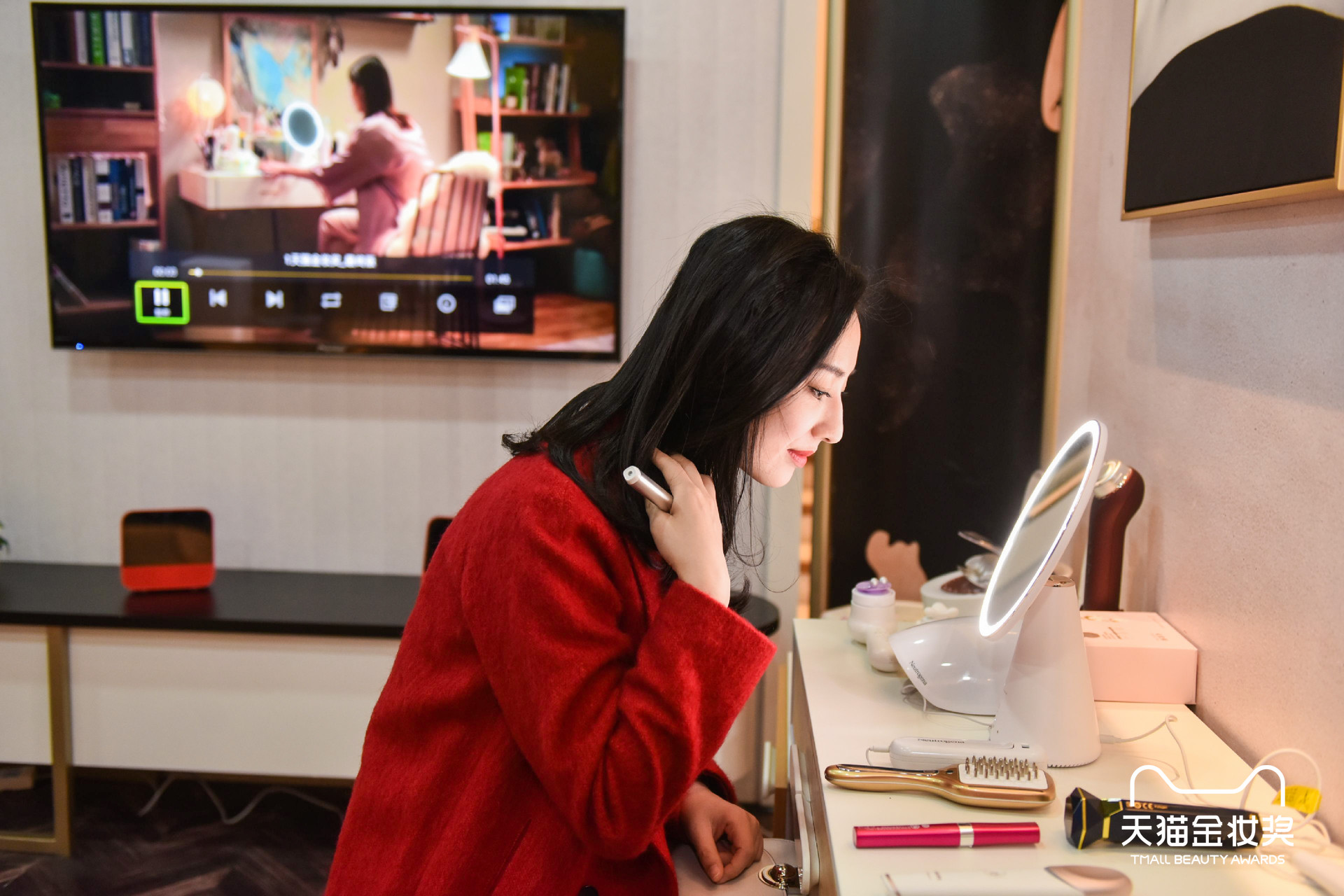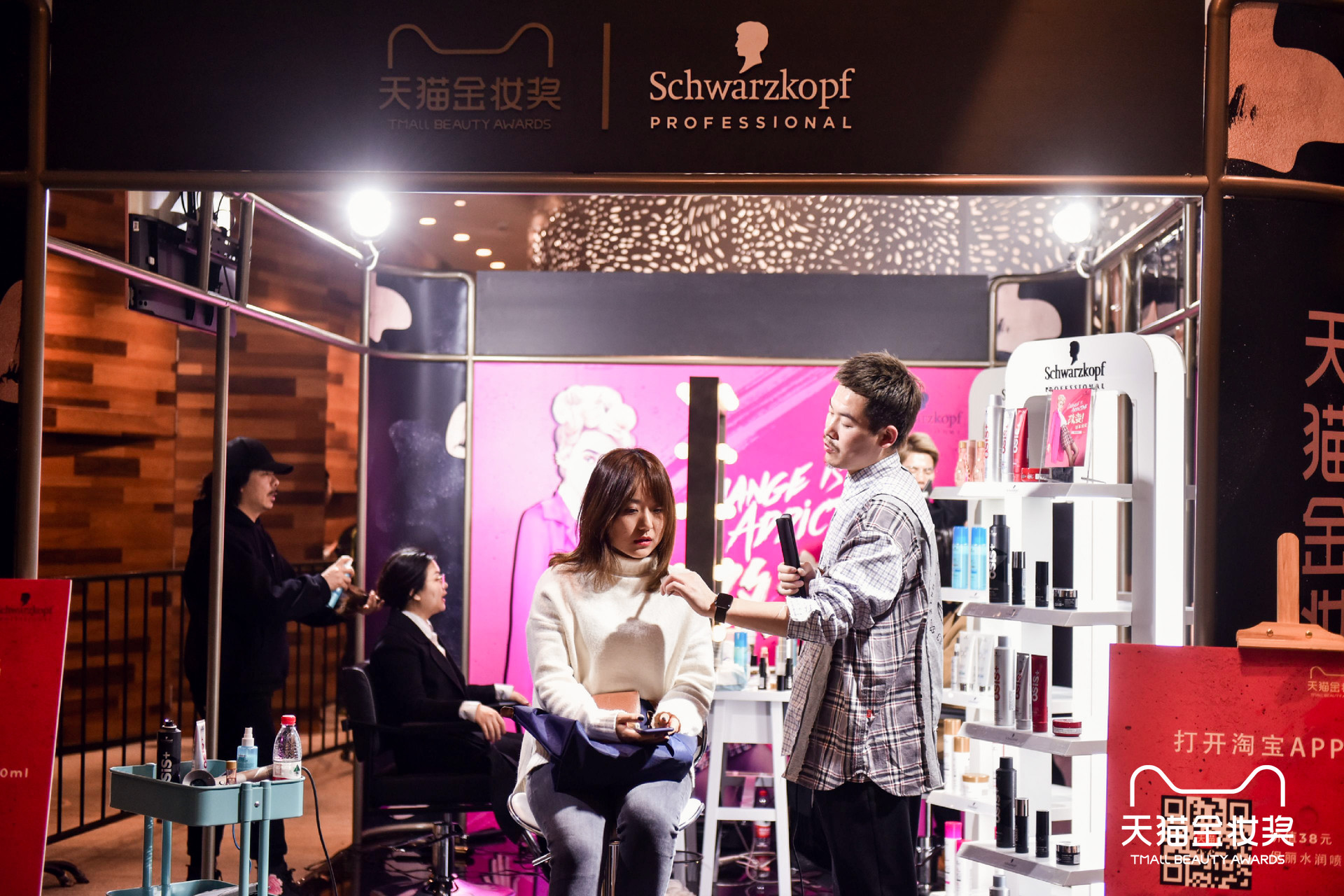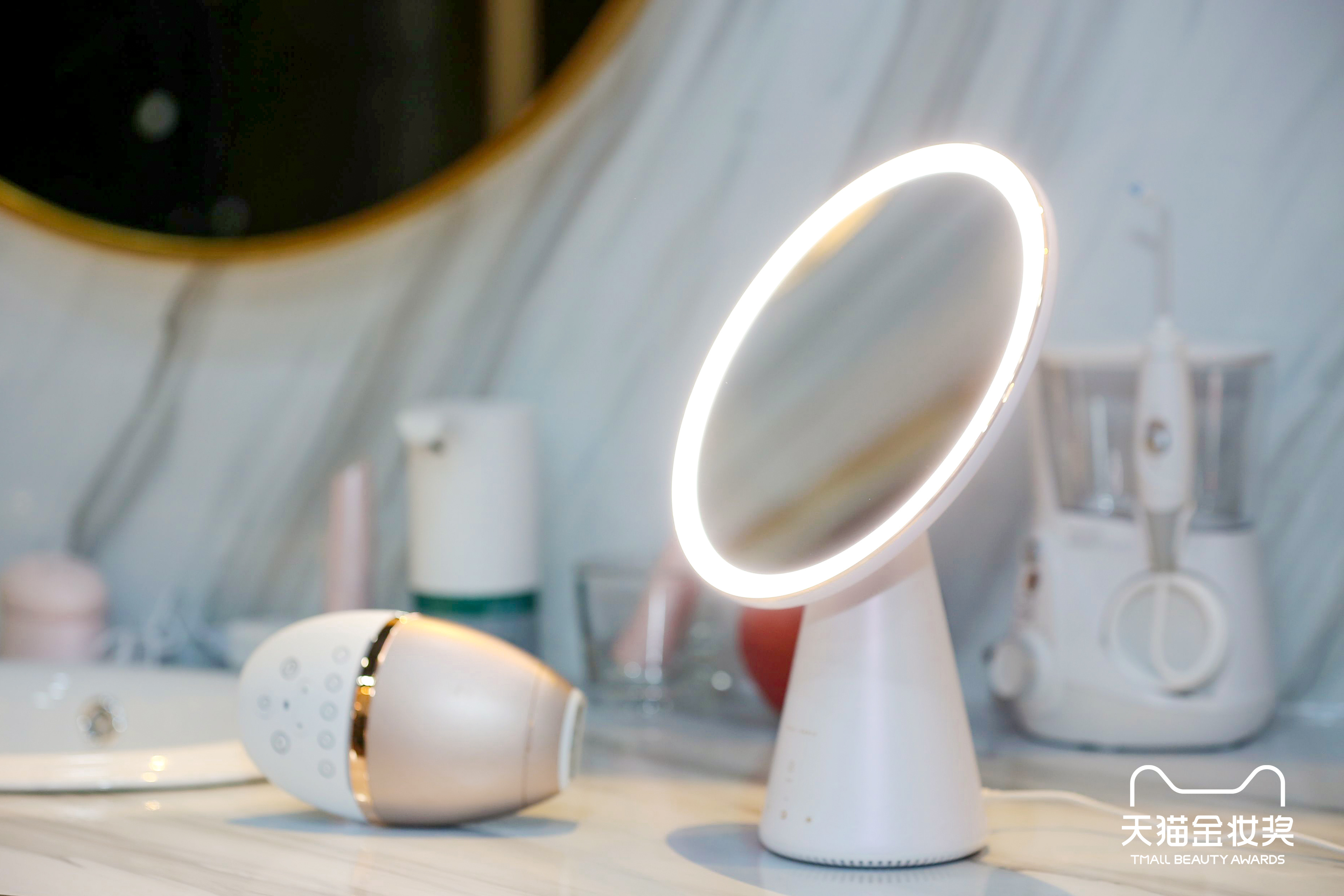
As China’s appetite for beauty products grows, Tmall is expanding its related offerings by adding another 1,000 beauty-focused virtual stores to the platform this year, the Alibaba Group-owned B2C online marketplace said Monday.
The news came during the Tmall Beauty Awards, the shopping site’s annual event, which includes beauty showcases, executive panels and awards for outstanding brands. Tmall said it would focus on recruiting more international brands, in particular, such as Tom Ford Beauty, which is set to launch an official flagship store on the site this year. This would make Tom Ford the latest prestige beauty brand to join the platform, after Giorgio Armani Beauty, LVMH-owned Givenchy and YSL Beaut√© opened flagship stores respectively in December, March and April.
WATCH: Inside Tmall Beauty Awards 2019
“Powered by Tmall’s strength in big data, our new boutique gives us reach throughout China without compromising our commitment as a luxury brand,” said Natsuko Watanabe, APAC regional director at Tom Ford Beauty. “We have made sure that our fashion heritage, seductive expression and authenticity can be felt throughout the experience in the new boutique.”
Also planning flagship stores this year are Est√©e Lauder-owned skincare brand Glamglow, Henkel’s Swedish beauty brand Barn√§ngen, Japanese cosmetics review website and retail chain Cosme and Korean beauty giant Amorepacific’s Primera brand, which signed partnership agreements with Tmall on Monday. The Korean Small & Medium Business Corp. also announced plans to launch a store, which will house 50 niche Korean brands.

“As China continues its consumption upgrade, more and more people from different age groups and geographic locations are willing to spend on high-quality beauty products,” Tmall President Jet Jing said. “We are looking forward to working with more brands to address the opportunity.”
More than 1,200 brand representatives attended the event in Shanghai this year, testing New Retail technologies such as Alibaba’s in-store analytics system, which is part of the suite of technologies powering Tmall’s smart stores, and one of its latest innovations: a voice-controlled smart mirror tailored to beauty consumers.

Designed by Alibaba’s artificial-intelligence research division, Alibaba A.I. Labs, the 8-inch mirror responds to voice commands just like the Tmall Genie smart speaker. The mirror also auto-adjusts its lighting for make-up application, recreating the effect of dimly lit party environments or natural sunlight calculated from real-time weather conditions, among various other lighting modes.
Alibaba worked with 16 beauty brands, including La Roche-Posay, Kérastase, Sisley and Johnson & Johnson, to incorporate beauty tips and branded content, as well as introduce services like skincare assessments, UV-exposure forecasts and beauty-routine reminders. The Lab has not yet set a price or date of release for the smart beauty mirror, however.
According to research firm Mintel, about 59% of urban Chinese women aged 20-49 said they have used at least one type of beauty device at home, contributing to a home-use beauty-devices market that reached an estimated US$616 million in retail value in 2017, the most recent period for which figures are available. Tmall said it expects the rise of intelligent products, such as the mirror, smart hairbrushes or sonic skin-cleansing devices, to emerge as one of the top beauty trends this year.

Tmall said that its sales of beauty products jumped by more than 60% last year. According to a joint report by Tmall and market-research firm Kantar released during the Tmall Beauty Awards, online sales of cosmetics, skincare and personal-care products in China grew 46%, 40% and 37%, respectively, at a quicker pace than fast-moving consumer goods overall, which increased by 34%.
“Tmall has now become the de facto, primary e-commerce destination for premium beauty,” said Danielle Bailey, managing vice president of APAC at business intelligence firm Gartner L2. “We’re into the second year of that being the case. Some premium brands, rather than investing in their own website, are using Tmall to reach consumers.”
Tmall serves as a go-to product search engine for Chinese consumers, while brands use it to educate and engage customers, rev up their in-store experiences with online-to-offline integration and access a “360-degree view” of the consumer to inform their future business decisions and product innovation, she said.
“Understanding and maximizing their performance on the Tmall ecosystem has a direct impact on the brands’ gains in the market,” Bailey said. “Brands that have been smart about activating within Tmall have seen the biggest impact on their bottom lines.”




